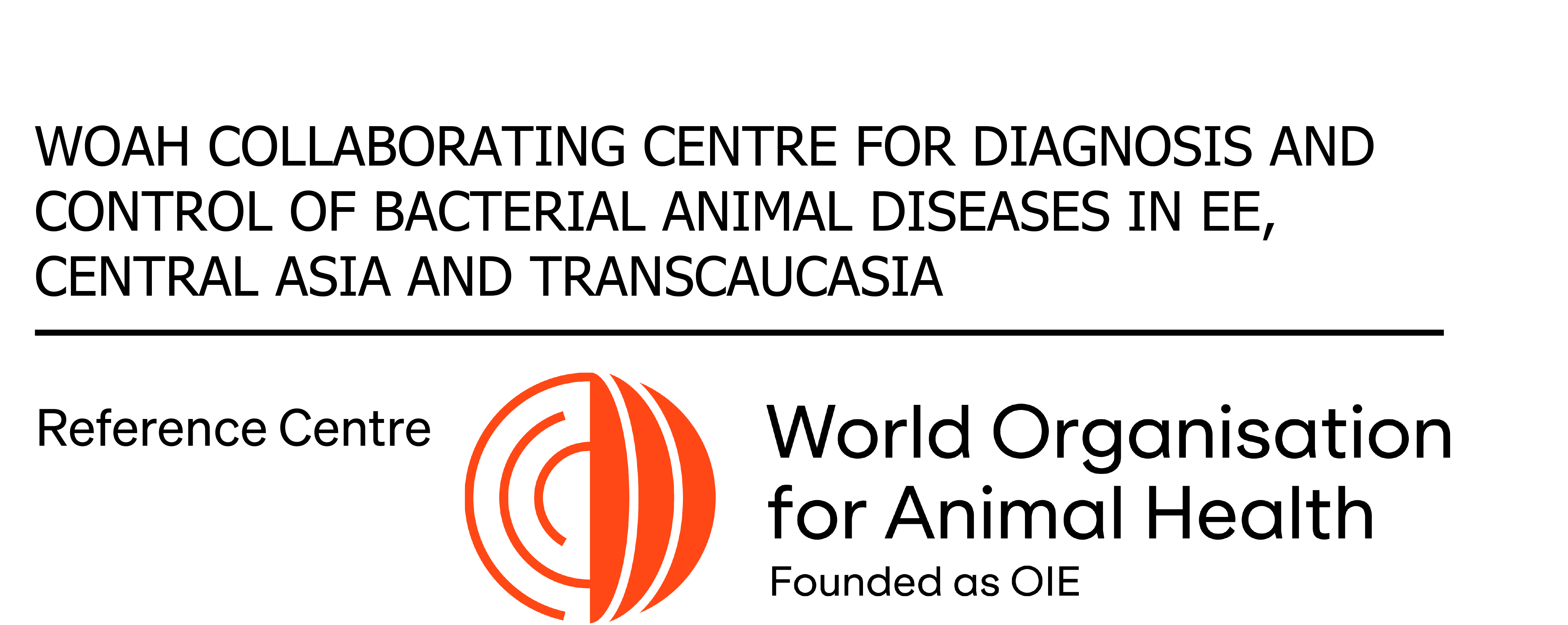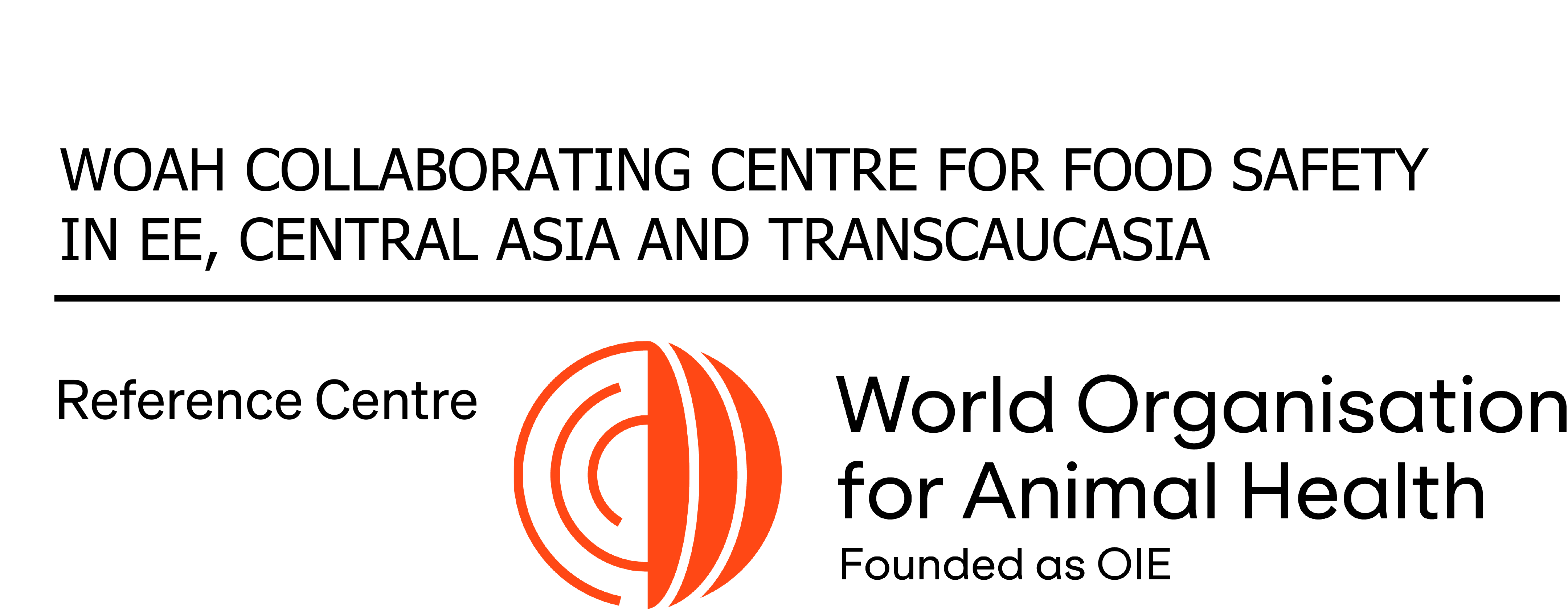VGNKI IS CARRYING OUT THE SECOND STAGE OF A SCIENTIFIC AND RESEARCH PROJECT AIMED AT DEVELOPING A NEW FORM OF MEDICATION FOR TREATMENT OF COLIBACILLOSIS IN FARM ANIMALS
In 2025, the Russian State Center for Animal Feed and Drug Standardization and Quality (VGNKI) continues to develop a stable oral form of antitoxic serum for the treatment of сolibacillosis in farm animals. The project is being carried out under Agreement No. 24-26-00202, dated 29, 2023, between the Russian Science Foundation and VGNKI, under the scientific supervision of RAS Academician Mr. Alexander Panin.
Colibacillosis, caused by pathogenic strains of Escherichia coli, is a serious problem in animal husbandry. The disease primarily affects young cattle, pigs and poultry, leading to severe intoxications, reduced productivity, high mortality and significant economic losses. Under intensive farming conditions, effective control of colibacillosis demands more advanced and targeted means of prevention and treatment.
The current research aims at developing a new form (dry form) of antitoxic serum in which the active substance is immobilized onto a natural adsorbent, silicon dioxide. The high efficacy of the immobilized serum, combined with the possibility of oral administration, underscores its exceptional scientific and practical significance.
According to the data obtained during the course of the project, the new form of the medicinal product will allow researchers to revise storage conditions and improve the product's stability, significantly facilitating its transportation.
Hyperimmune sera are unique therapeutic and prophylactic agents in veterinary medicine. However, the passive immunity they induce by the 14th day after active parental immunization is insufficient, because young animals are most susceptible to the disease within the first two weeks of life.
In acute cases, oral administration of the serum may be recommended, based on the premise that the presence of proteins of the hyperimmune serum in the intestinal lumen, in other words in the very portal of entry of the infection, can provide immediate protection. Such approach to addressing acute intestinal infections is theoretically explainable, however, it can sometimes carry the risk of hypersensitive reactions.
In 2024, researchers conducted a study in the VGNKI laboratories examining the biochemical, molecular-genetic, and antigenic characteristic of reference E. Coli strains from the Center's collection. They also evaluated the antigenic activity of a dry Escherichia serum immobilized onto silicon dioxide against these strains using an agglutination method and compared the results with those obtained from the serum in liquid form. The findings were compiled and systematized, providing a foundation for the next stages of the research.
This year, the research focuses on assessing the drug's therapeutic effectiveness under in-vivo conditions, in particular on examining its curative and preventive action when administered orally. In addition, special attention will be paid to the stability of both dry and liquid forms when exposed to adverse external factors, such as pH fluctuations and temperature effects. Work is also underway to optimize administration methods and to evaluate the possibilities of using the drug under real conditions. This data will form the basis for practical recommendations on introducing the new product into veterinary practice.
The project results are expected to significantly increase the effectiveness of specific prophylaxis and treatment of colibacillosis and to open new approaches to using immobilized sera against bacterial infections in animal husbandry. The research will not only supply the livestock industry with a more stable and convenient agent, but will also lay a foundation for further studies in the field of prevention of zoonotic diseases.





